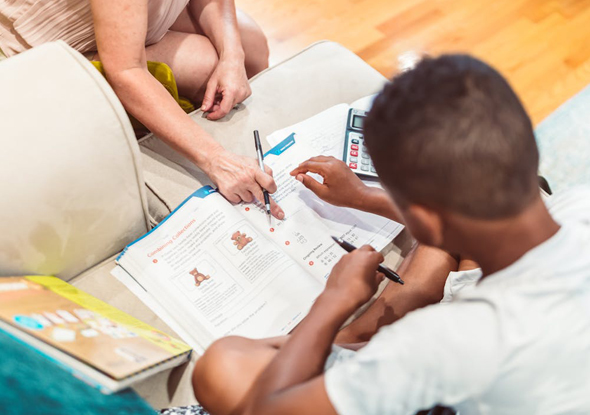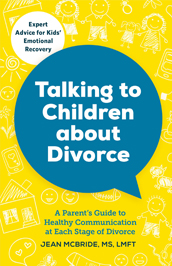Top 5 Essentials For An Effective Parenting Plan

- This blog contains affiliate links, which we may receive a commission for purchases. The decision is yours, whether or not you decide to buy.
A well-structured parenting plan is crucial to maintaining family stability, especially when co-parenting. A clear plan keeps communication open and expectations clear, so each parent understands their role and responsibilities. Below are the top five essentials to include in any parenting plan to ensure a balanced approach that meets everyone’s needs - especially the child’s.
1. Custody and Visitation Schedules
Defining a custody and visitation schedule sets clear expectations for when the child will be with each parent, which helps avoid misunderstandings and provides structure. By setting a routine for weekdays, weekends, holidays, and special occasions, children gain a sense of security, knowing where they’ll be and when. This schedule also allows each parent to plan their commitments and activities, creating smoother transitions between homes.
2. Decision-Making Responsibilities
Establishing who is responsible for major decisions regarding a child’s health, education, and welfare is vital to maintaining consistency. Whether parents choose joint decision-making or split responsibilities by area - such as one parent managing educational choices and the other overseeing medical decisions—this clarity helps avoid disagreements. Clear decision-making roles also contribute to a child’s sense of stability by ensuring they have consistent support in important areas of their life.
3. Communication Guidelines
For co-parenting to succeed, effective communication is essential. A parenting plan can establish guidelines for the frequency and method of contact, helping both parents stay informed on important updates without misunderstandings. With clear expectations, parents are better able to discuss and manage the child’s needs, fostering a respectful approach to shared parenting.
4. Boundaries for Introducing New Partners
Defining boundaries around introducing new partners can help manage transitions in the child’s life and reduce emotional strain. Many parenting plans suggest a waiting period before new relationships are introduced to the children, or they may require mutual agreement between both parents. Thoughtful guidelines around this sensitive topic support the child’s sense of stability while allowing everyone to move forward with respect and care.
5. Dispute Resolution Process
When conflicts arise, having an agreed-upon method for resolving disputes - such as through mediation or counseling - can help both parents address issues constructively. By including this in the parenting plan, parents can work together to resolve conflicts without involving the courts. This approach keeps the focus on the child’s well-being, reinforcing a commitment to a collaborative parenting experience.
Disclaimer: The information in this blog post is for educational and informational purposes only. It is not a substitute for professional advice or treatment. The author and publisher make no warranties about the completeness, accuracy, or reliability of the information. Use the information at your own risk and always consult a qualified professional for advice on your individual situation. The author and publisher will not be liable for any losses or damages arising from the use of this information.
PHOTO: RDNE STOCK PROJECT
You may also like
Books
Buy now from Amazon
- The Family Lawyer’s Guide to Separation and Divorce
- Talking to Children About Divorce
- Parenting Apart
Podcast
Kate Daly is co-founder of amicable and host of the The Divorce Podcast. Kate created The Divorce Podcast to discuss and demystify divorce, separation and co-parenting in the UK. In each episode, Kate is joined by experts in their field to explore divorce and separation from every angle.
Articles
- Getting Back With Your Ex: The Pros And Cons
- How To Be Great Parents Through Separation And Beyond
- Splitting Assets Fairly In Divorce
Parenting professionals
Related Posts
-

Co-Parenting Across Distances in the UK: Practical Solutions for Separated Families
-

How to Create a Parenting Plan in the UK: Questions Parents Ask
-

Managing Children’s Screen Time in Shared Custody: A Practical Guide for UK Parents
-

Creating a Child-Centered Holiday Plan After Divorce: Minimising Stress and Maximising Joy
-

Successful Co-Parenting After Divorce: A Practical Guide for Separated Families



.jpg)


